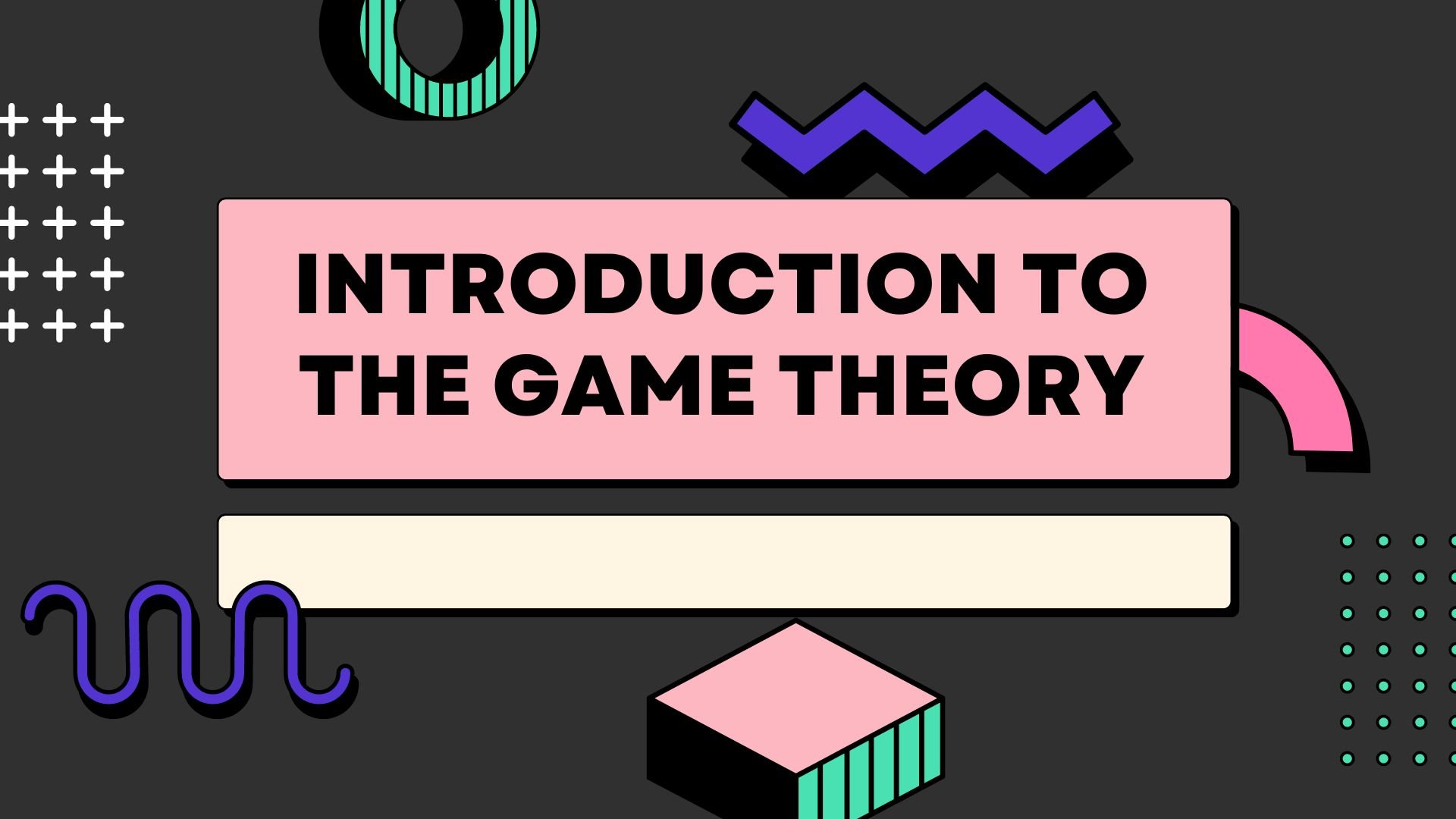The eternal debate about the best time to study has been around for ages. Some swear by the tranquility of the early morning, while others find their rhythm when the world slows down at night. But is there really a “one-size-fits-all” answer? Spoiler: not really. Let’s dive into the details and figure out what might work best for you.
The Case for Early Morning
Imagine the world just waking up. Birds chirping, cool breezes, and zero notifications blowing up your phone. Morning study sessions have a charm that feels… refreshing.
- Mental Freshness:
Your brain, after a good night’s sleep, is like a blank canvas—ready to absorb new information without distractions from a long day. Studies suggest that memory retention can be better in the morning for some people. - Distraction-Free:
No buzzing phones, no random Netflix temptations, and no social plans to worry about. Mornings are your calm, productive bubble. - Great for Planning:
If you’re a planner, mornings give you clarity to outline your day’s study goals and tackle challenging topics first.
The Argument for Late Nights
Then there’s the night owls—the thinkers, dreamers, and late-night warriors. For them, the quiet after dark isn’t just peaceful; it’s inspiring.
- Creative Flow:
Many find that their creativity peaks at night. There’s something magical about studying when the world is asleep—your thoughts seem louder and ideas clearer. - Longer Stretches of Time:
Unlike mornings, where you might feel rushed to start the day, nights offer uninterrupted hours for deep focus. - Natural Solitude:
The late-night vibe is naturally calm. There’s no FOMO (fear of missing out) because, well, most people are asleep.
Afternoon and Evenings: The Underdogs
While mornings and nights steal the spotlight, afternoons and evenings deserve some credit too.
- Energy Levels:
After a hearty lunch (or a snack break), your body is refueled, and your mind is alert. This period can be great for tackling moderately difficult topics. - Collaborative Time:
Afternoons and early evenings are perfect for group studies, discussions, and projects. Everyone is awake, available, and likely in a cooperative mood. - Flexibility:
Not an early riser? Not a night owl? No worries! Evenings strike a balance between work, leisure, and study.
So, When Should You Study?
The “best” time to study boils down to your unique rhythm. It’s all about figuring out when your brain feels the most alive and responsive. Ask yourself:
- Are you sharp and alert in the morning? Try tackling the hardest subjects right after breakfast.
- Feel most productive at night? Keep your late hours for creative or deep-dive learning.
- Need balance? Try splitting tasks—light reading in the morning, problem-solving in the afternoon, and revision at night.
A Few Tips Regardless of Time:
- Consistency Beats Timing:
Your body loves routines. Once you pick a time, stick with it. Over time, your brain will adapt and perform better during those hours. - Breaks Are Non-Negotiable:
No matter when you study, follow the 50-10 rule: 50 minutes of focused work, 10 minutes of rest. It helps prevent burnout and keeps your focus razor-sharp. - Listen to Your Body:
Feeling drowsy or sluggish? Don’t force it. A quick nap or a walk might reset your energy levels.
Final Thoughts
There’s no perfect answer to the age-old question of the “best time to study.” The morning calm, the afternoon buzz, or the midnight silence all have their merits. Experiment, figure out what clicks for you, and trust the process.
The secret? It’s not about when you study but how effectively you make use of that time. At the end of the day (or night!), the best study time is the one that keeps you consistent, focused, and motivated.
Happy studying! 😊



